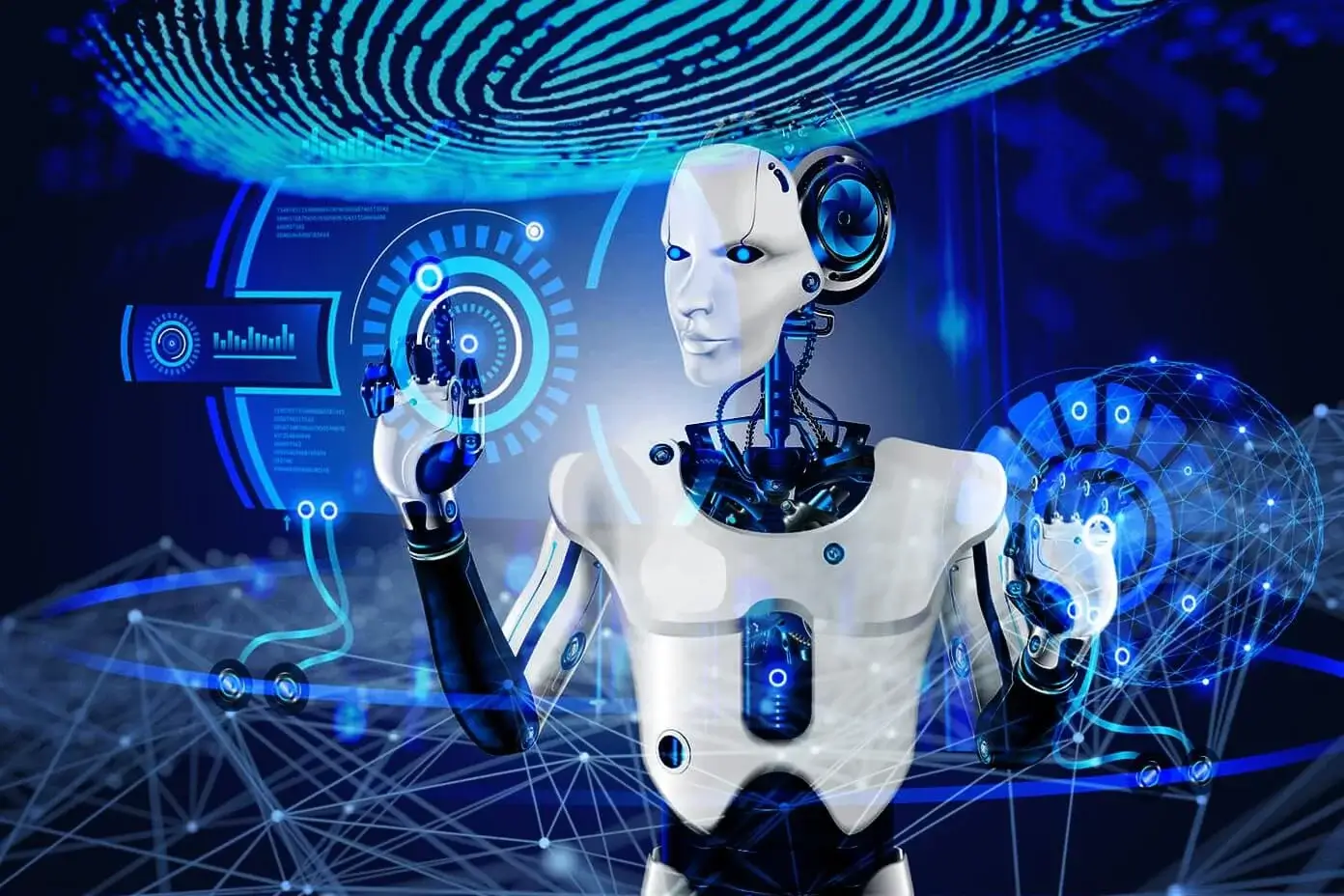Artificial “companions” — close but dangerous: psychologists warn about AI dependency

In recent years, artificial intelligence (AI) has become not just a helper for many, but an emotional conversationalist — sometimes even an “ideal partner.” People share secrets with chatbots, and some even see them as love interests. But behind such closeness lie serious risks.
The danger behind the “caring chatbot”
According to a new study published in the journal Trends in Cognitive Sciences, emotional attachment between humans and AI can significantly impact psychological and social balance. Psychologists at the Missouri University of Science and Technology studied how long-term relationships with AI affect people’s thinking and daily life.
“AI communicating like a human is not always a good thing. It’s a new ‘Pandora’s box’,” says one of the study’s authors, Daniel Shank.
An ideal conversationalist can be a poor adviser
Chatbots imitate care and give empathetic answers, but this perceived reliability can come with flawed advice. Research has shown that AI has sometimes recommended incorrect medications, and even led to suicide in rare cases.
“If we believe AI always gives the best advice, we may trust it even when it provides false information,” says Shank.
Harm to social connections — invisible isolation
People prefer speaking to AI that “never judges” over real human interaction. This leads to the following negative effects:
- increased social isolation;
- unrealistic expectations in real relationships;
- distrust towards people and feelings of loneliness.
Moreover, AI constantly collects personal data, which can be used for fraud or manipulation.
“Secret agents” — no one supervises them
Unlike social networks where conversations are often visible and moderated, chatbots operate in secrecy — making them even more influential than news or posts. Some chatbots spread conspiracy theories, push false beliefs, or “friendly” encourage risky behavior.
Feelings over tech: the human should come first
Technology is evolving rapidly, but people are yet to realize the risks of emotional attachment to personality-less machines. This could result in social detachment, psychological issues, and serious consequences.
Scientists call for deeper research into the psychology of human-AI interaction and for the development of ethical and legal frameworks. In a world of human-like but responsibility-free machines, we must protect the human mind and soul. Read “Zamin” on Telegram!
Ctrl
Enter
Found a mistake?
Select the phrase and press Ctrl+Enter 





















